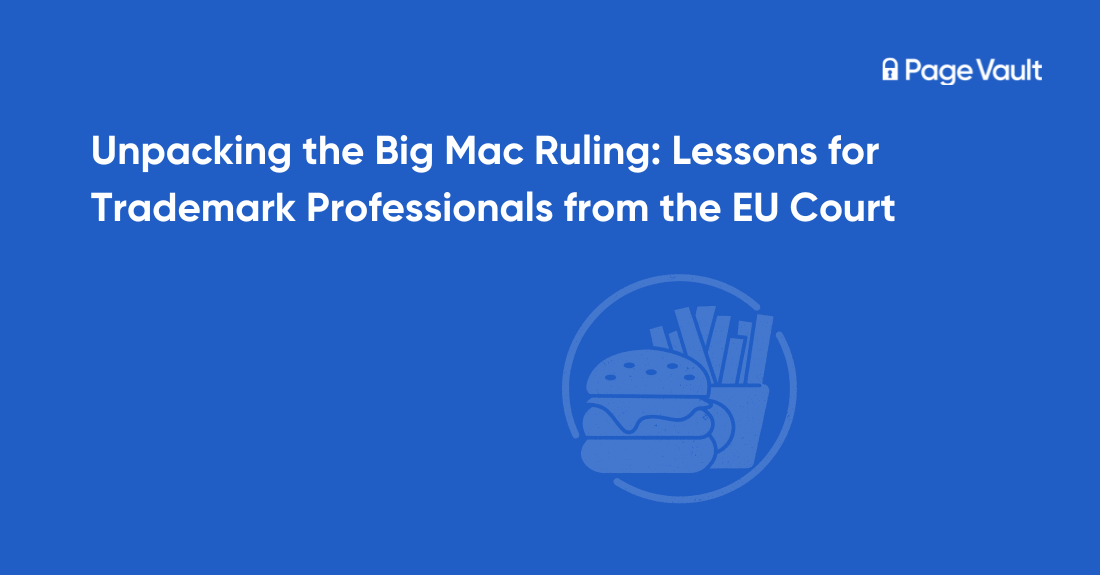Reddit and Beyond: Preserving Authenticity in Online Community Discussions
Last Updated June 2024
Online communities have become a cornerstone for sharing information, ideas, and experiences. From the early days of bulletin board systems (BBS) and forums to the modern era of Reddit and specialized discussion platforms, the way we engage with online communities has evolved dramatically. However, with this evolution comes the challenge of authenticating the veracity of discussions and information shared within these communities.
See more

.png)
.png)



.png)